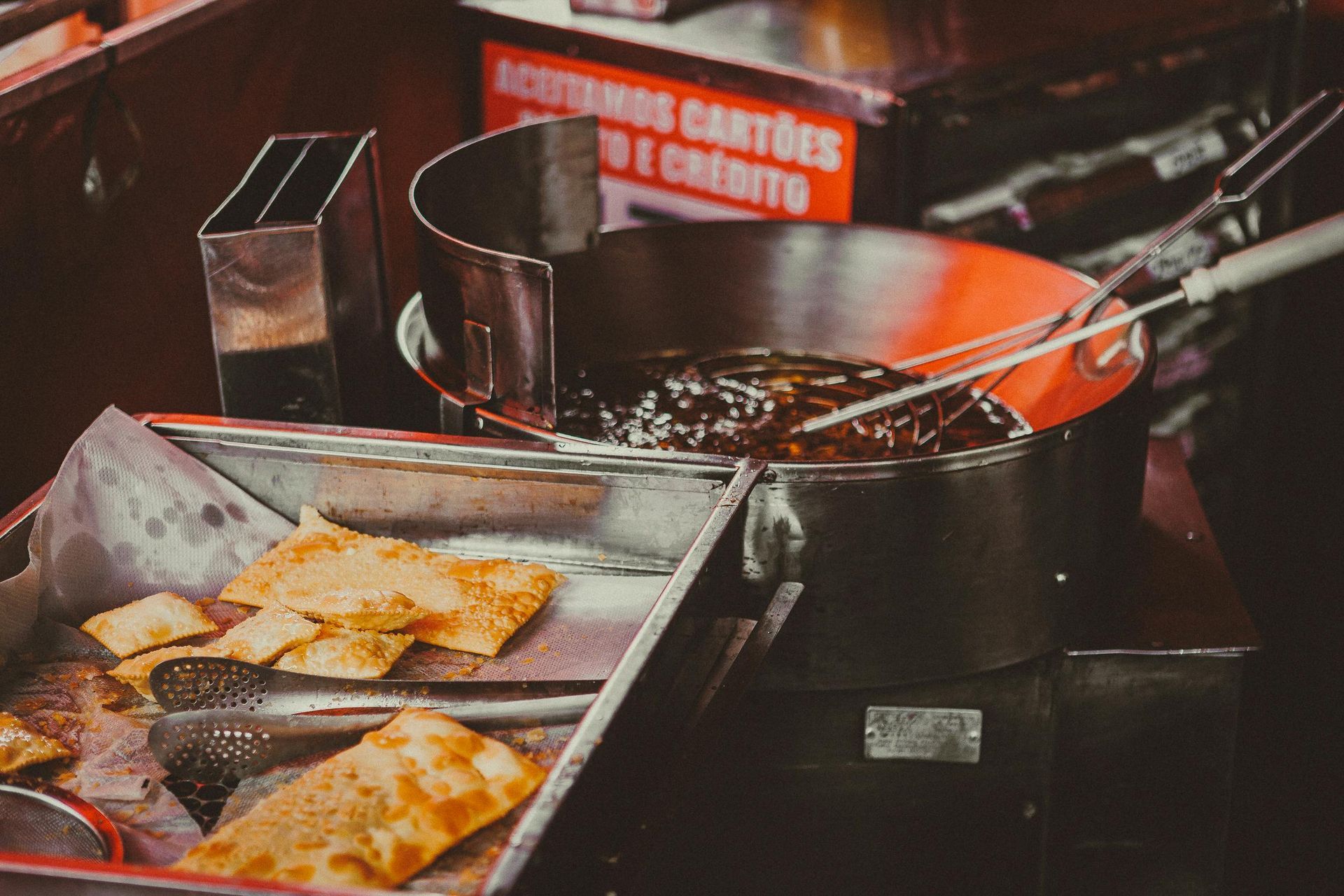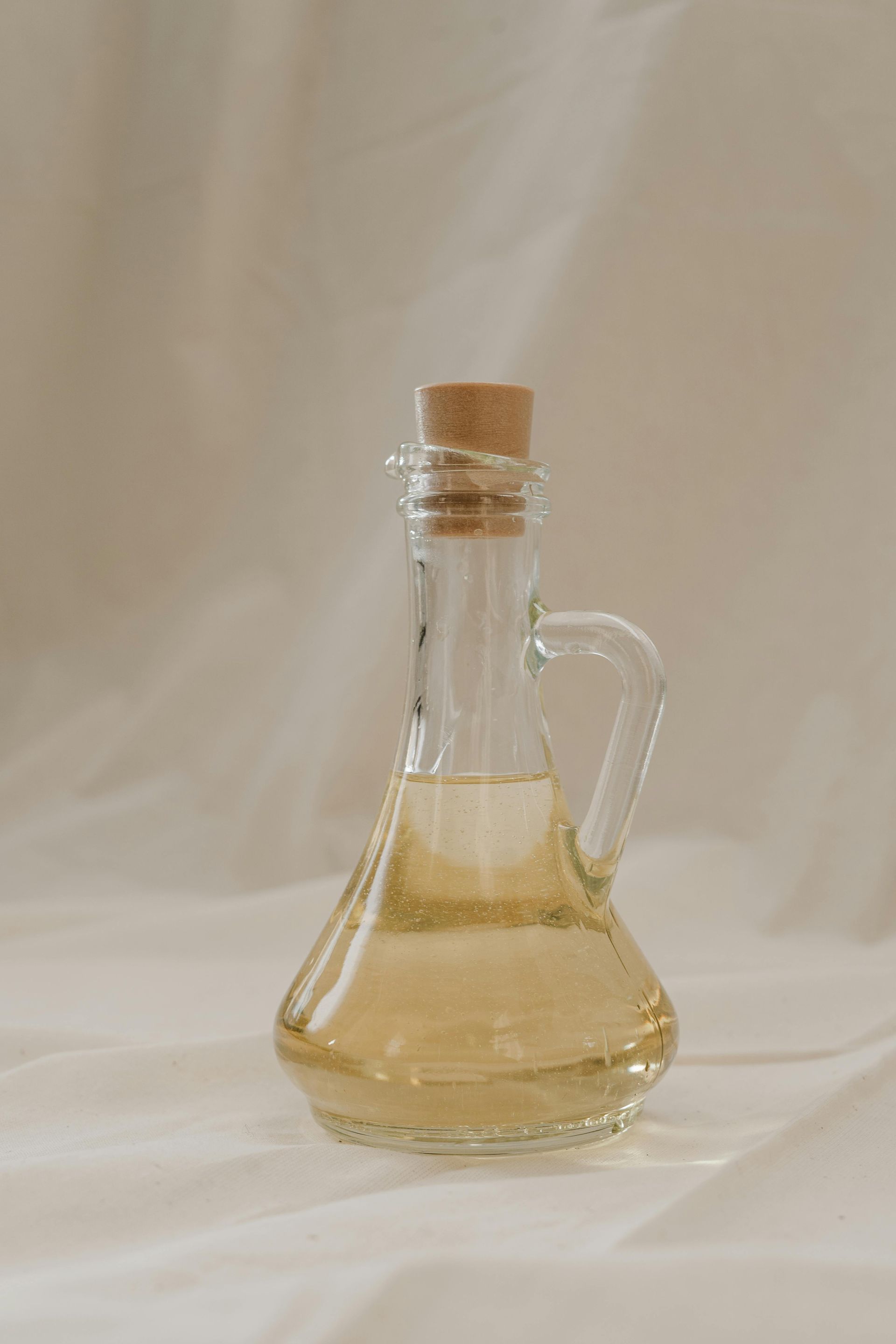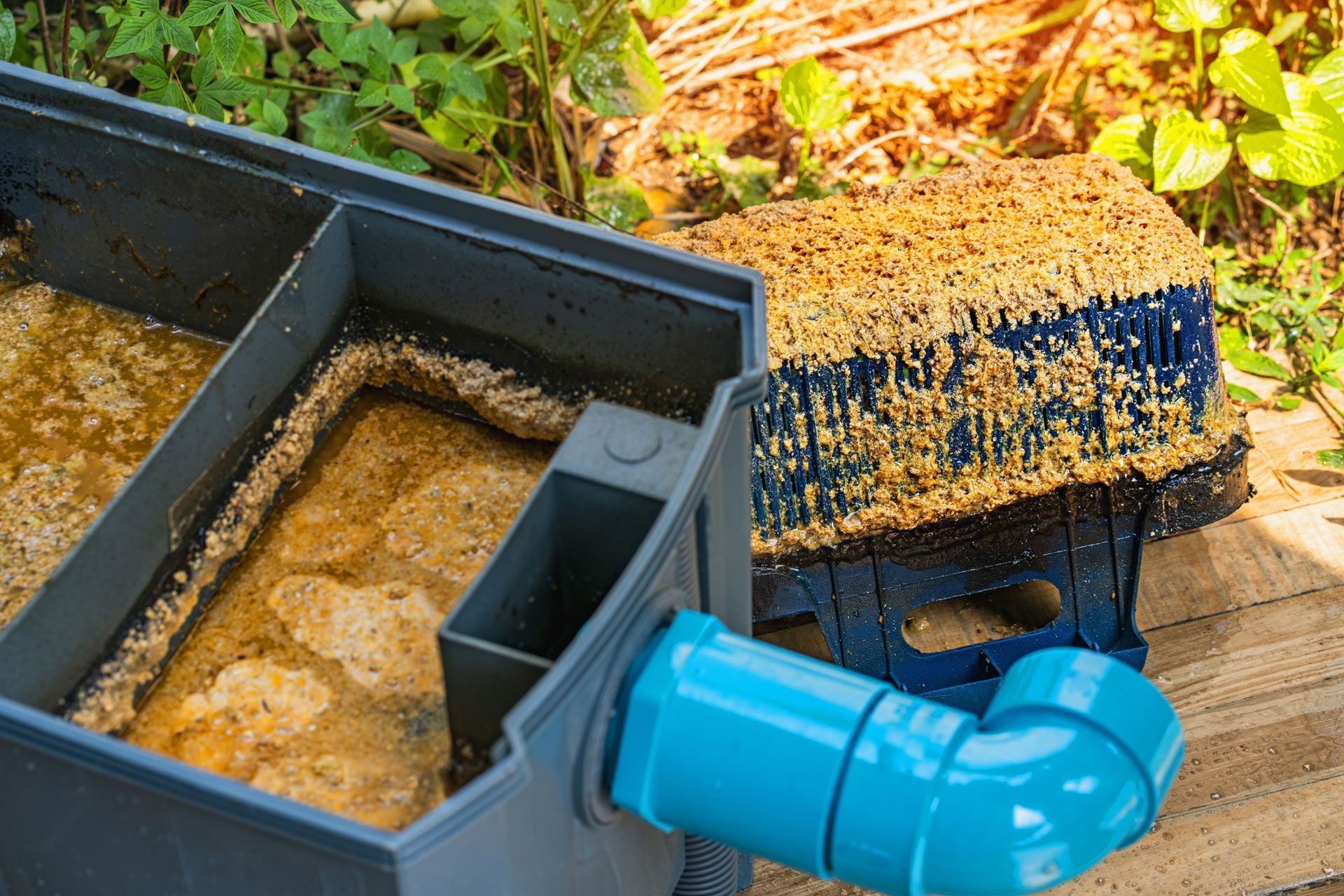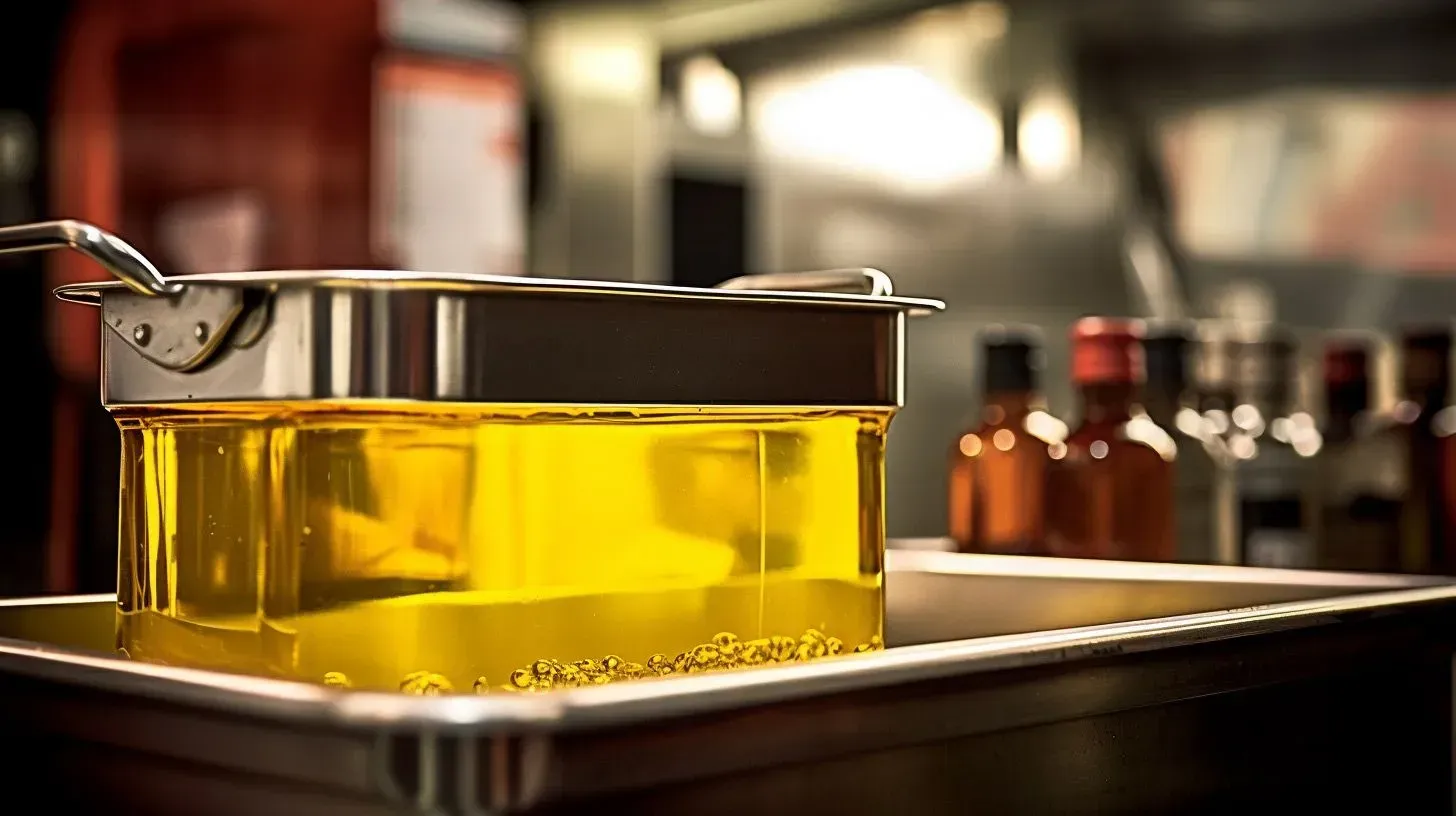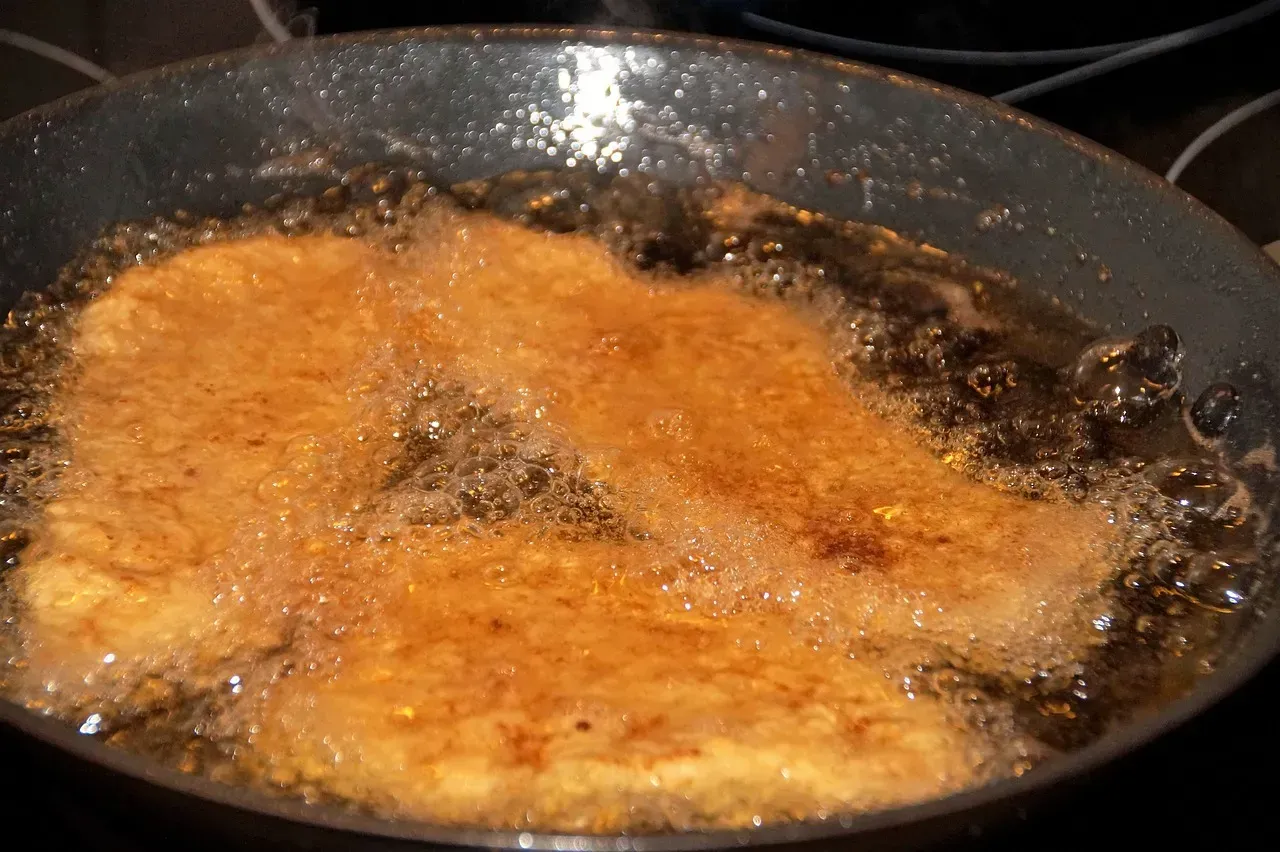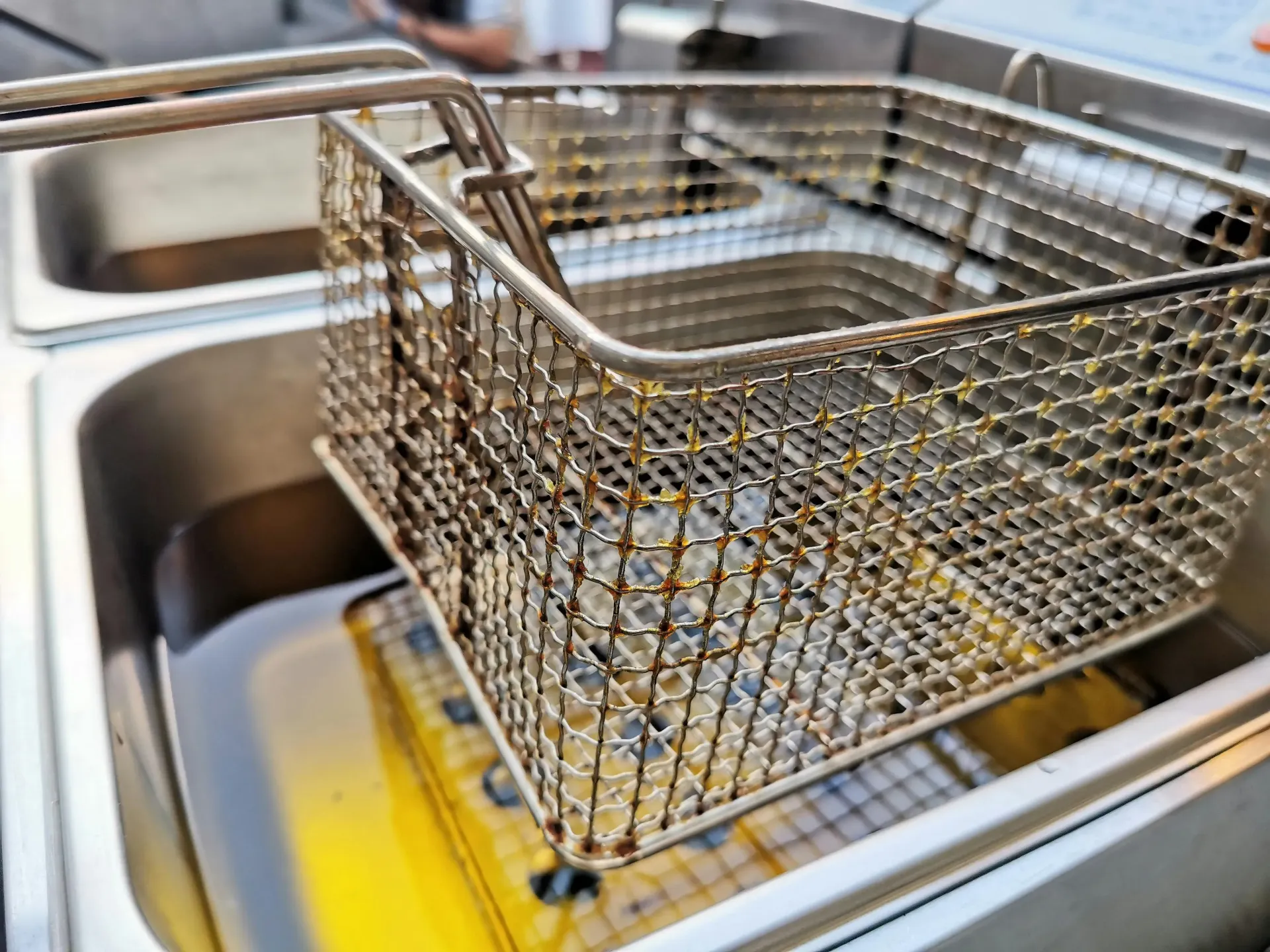What are the environmental benefits of recycling used cooking oil?

Think of all that used cooking oil from kitchens as not just waste but a goldmine for our planet's health. Recycling it doesn't just tidy up our environment; it's a leap towards greener, sustainable living. Imagine turning what's left in the fryer into something that combats environmental issues. That's right, from cutting down on landfill clutter to brewing up eco-friendly biofuels and dialing back on greenhouse gases, the perks of recycling used cooking oil are huge. Let's peel back the layers on how this simple act can make a big difference.
Reduces Landfill Waste
Did you know tossing used cooking oil into the trash contributes to a larger, dirtier problem? Each year, loads of potentially recyclable materials end up in landfills, where they can seep into the ground and water, polluting our planet. But here's a bright side: recycling cooking oil can drastically cut down on this mess. Instead of letting it clog our landfills, recycling turns this "waste" into something wonderful. It's not just about keeping the earth tidy; it's about making a sustainable choice that benefits us all. So, think twice before you dump that oil; it could be doing much more good than you imagine.
Creates Biofuels
Turning used cooking oil into biofuels is like striking environmental gold. This process transforms what would be waste into a clean, green energy source. Biofuels from recycled oil power vehicles and machinery, offering a renewable alternative to fossil fuels. The beauty of it? It slashes our carbon footprint and nudges us closer to a sustainable future. Every batch of oil recycled is a step away from drilling into the earth for energy. It's a win-win: we get to keep frying our favorites while fueling a greener planet.
Lowers Greenhouse Gas Emissions
Recycling used cooking oil into biofuels isn't just about creating new energy; it's a critical move in our battle against climate change. Biofuels burn cleaner than fossil fuels, significantly reducing greenhouse gas emissions. This shift helps protect our ozone layer and tackles global warming head-on. Each time we choose biofuels over traditional fuels, we're essentially giving the planet a breather, cutting down the carbon we release into the atmosphere. It's actions like these that can turn the tide in our fight for a cooler, healthier Earth.
Supports Ecosystem Health
The journey of used cooking oil from a kitchen drain to water bodies can be disastrous for our ecosystems. When improperly disposed of, it can clog waterways and harm aquatic life. Recycling it, on the other hand, prevents such pollution. By keeping oil out of drains, we safeguard rivers, lakes, and oceans, ensuring that marine animals and plants thrive. This act of recycling has broader benefits, contributing to healthier ecosystems where wildlife can flourish and water remains clean for all. It's a simple step with profound impacts on our planet's biodiversity.
Promotes Economic Benefits and Public Health
When we recycle used cooking oil, we're not just protecting the environment; we're fueling economic growth and promoting public health. First off, recycling creates jobs in the green energy sector and supports businesses that produce and supply biofuels. This circle of economic activity boosts local economies and encourages sustainable practices.
On the health front, recycling prevents the oil from clogging sewers and causing sanitation issues. Blocked sewers can lead to overflows, contaminating water supplies and public spaces, posing serious health risks. By recycling, we're keeping our communities clean, reducing disease risks, and promoting a healthier living environment for everyone.
Conclusion: The Ripple Effect of Recycling Used Cooking Oil
As we've explored, the simple act of recycling used cooking oil unfolds into a myriad of environmental, economic, and health benefits. From slashing landfill waste and fostering biofuel production to cutting greenhouse gas emissions and safeguarding ecosystems, the impacts are profound and far-reaching. Moreover, this green initiative fuels economic growth, creates jobs, and promotes public health by preventing sanitation issues. It's clear that what might seem like a small step—recycling used cooking oil—can have a significant positive ripple effect across our planet and society.

